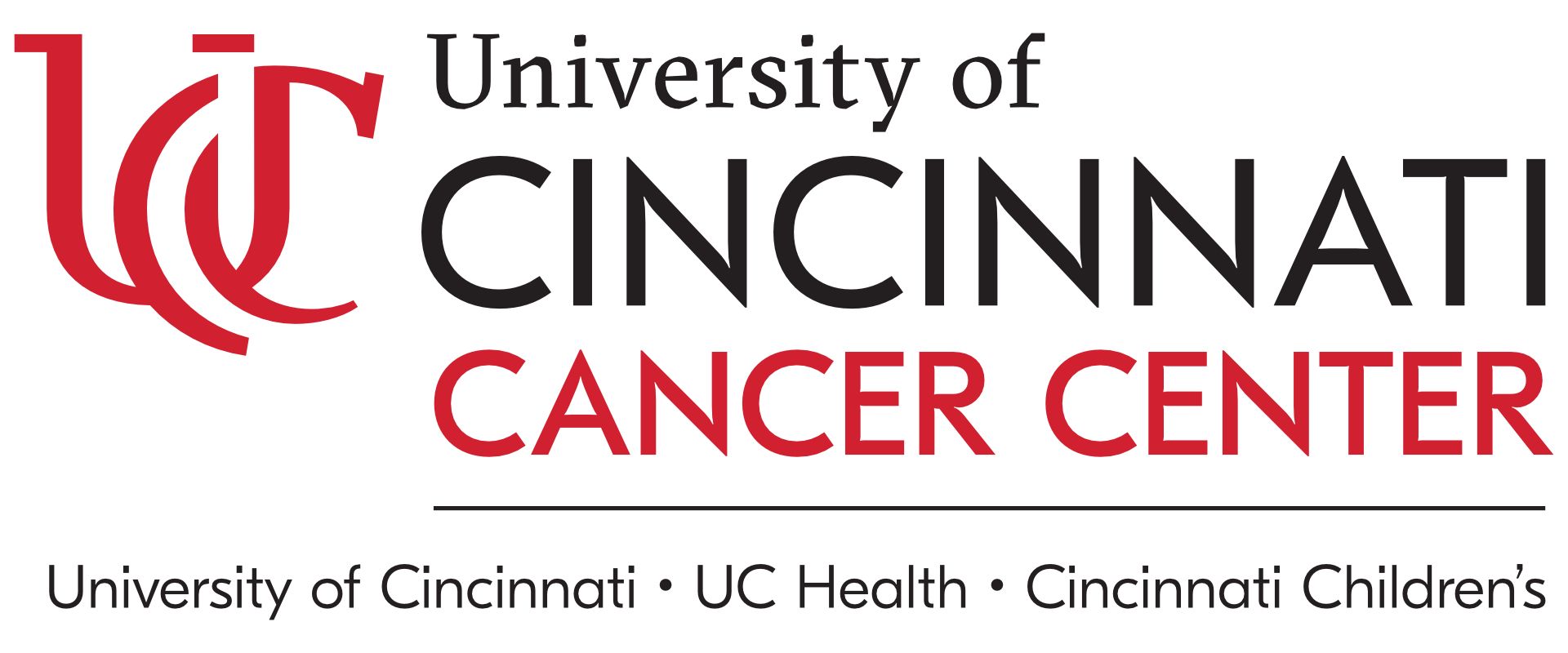
Women in Oncology: Early Career Growth and Institutional Change

Melinda Butsch Kovacic, MPH, PhD; Elizabeth Shaughnessy, MD, PhD; Sandra L. Starnes, MD; and Susan E. Waltz, PhD, discuss their early career experiences as women in the oncology field.
Melinda Butsch Kovacic, MPH, PhD; Elizabeth Shaughnessy, MD, PhD; Sandra L. Starnes, MD; and Susan E. Waltz, PhD, discuss their early career experiences as women in the oncology field.
Kovacic is a professor and the associate dean of Research at the University of Cincinnati College of Medicine. Shaughnessy is an adjunct professor and the vice chair for Patient Experience at the University of Cincinnati Health. Starnes is a professor, the chief of the Division of Cardiothoracic Surgery, and the Dr. John B. Flege, Jr. Chair of surgery at the University of Cincinnati College of Medicine. Waltz is a professor of cancer biology at the University of Cincinnati College of Medicine.
In this episode, Kovacic, Shaughnessy, Starnes, and Waltz share the highlights and challenges of their early careers and the ways in which the culture of oncology has changed over the years to better include and accommodate female researchers and physicians. They note the realities of working in a predominantly male-dominated field, including often being some of the only women in the room, and remark on the small number of female role models at their institutions when they began their careers. They explain how the absence of maternity leave and discouragement from taking time off from work disproportionately affected themselves and other female colleagues who wanted to have children, and the ways in which they navigated other personal priorities while beginning their careers.
However, the 4 experts underscore the personal importance of establishing strong bonds with their female colleagues and the professional value of using this camaraderie to shift their institutions’ cultures to better appreciate female perspectives. They also emphasize their many supportive experiences with male mentors and colleagues that shaped their career growth. Overall, Kovacic, Shaughnessy, Starnes, and Waltz reveal how the difficulties they faced helped them create spaces where they could voice their needs and opinions to positively influence their professional and personal lives.




































